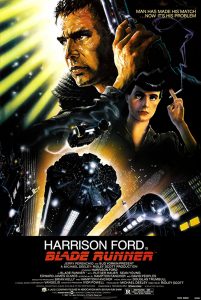 Today I learned I’d never seen Blade Runner before. I’m honestly not sure how that happened? Nevertheless, I think I was right to want to watch it before the sequel.
Today I learned I’d never seen Blade Runner before. I’m honestly not sure how that happened? Nevertheless, I think I was right to want to watch it before the sequel.
It will be hard to talk about this without spoilers, mainly because I’ve known so much about it myself, long before seeing it. I guess I will not worry about it much, in order to get some sense impressions out of the way. 1) Deckard isn’t a replicant. This was easiest to determine, because every replicant in the movie had, at one or multiple points, a weird yellowy reflection in their pupils, and he never did. 2) The replicants themselves were mostly sympathetic; they were dealt a raw hand and seemed to be trying to find a way out, and I respect that. At the same time, they were murderous enough to make the blade runner role seem like a reasonable one instead of an arm of the state focused solely on keeping down someone who might otherwise come to dominate humanity. (See also the Sentinels in X-Men.) In fact, the biggest flaw the movie had was exactly that: there was no reason given why the replicants were so murder-happy, and it was a little too easy. 3) Gaff (the guy played by Edward James Olmos who was apparently Japanese for this role?) was a total enigma to me, and I think I was supposed to get more out of him than I did, or maybe I just need to watch it more? Whatever, it was worth commenting on.
And, uh, I guess that’s all? A mistake I see I’ve made is assuming you are all familiar with this. In case you aren’t: Blade runners are special cops trained to hunt down replicants, who are no longer allowed on earth after the most recent version committed some offworld murders and are now seen as glitchy / broken / whatever you call an android when you for some reason don’t think it capable of independent morality.
Which reminds me of a little more to talk about after all I guess. Like, what happened to earth? That’s not fair, in retrospect, because of a spoiler I won’t go into, but the majority of what we see is a perpetually rain-darkened shithole where nobody is happy or particularly seems to have much of anything to call their own. Every surface is covered in advertisements, which, okay, that’s valid 2019, but the majority of the ads are inviting people to leave the planet and go somewhere better. And it seems like most people who could leave have already. I’m not sure I have a point, I’m just interested in the backstory of this world. All the parts of it, really. But the part we got was pretty good.
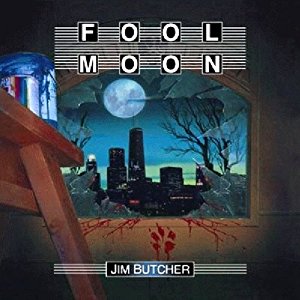 I wish I could say I am horribly backlogged. That would be amazing next to the reality, which is that I just haven’t been doing much of anything. Too busy at work, too busy fighting with my broken comics collection, too busy watching TV. I mean, I’ve done other things in there I’m happy about, but finished books and new movies are not among them.
I wish I could say I am horribly backlogged. That would be amazing next to the reality, which is that I just haven’t been doing much of anything. Too busy at work, too busy fighting with my broken comics collection, too busy watching TV. I mean, I’ve done other things in there I’m happy about, but finished books and new movies are not among them.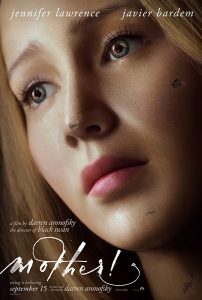 I wonder if I’ve reviewed a Darren Aronofsky movie before? I know I’ve seen one, so… oh, hey, I could check![1] And, there it is.
I wonder if I’ve reviewed a Darren Aronofsky movie before? I know I’ve seen one, so… oh, hey, I could check![1] And, there it is. 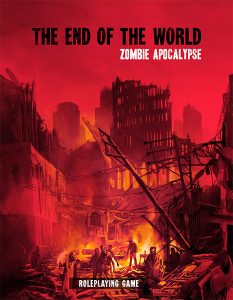 Change of pace!
Change of pace!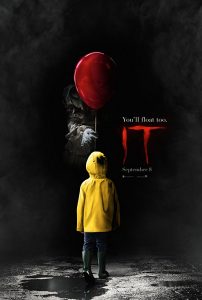 I feel like maybe
I feel like maybe 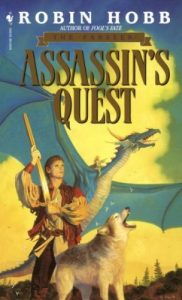 So, I have read a Robin Hobb trilogy. I definitely in a way had expectations that were met, but mostly I still think I didn’t. If that makes as much sense as I think it does, well, I blame the malort but will also elaborate by way of apology.
So, I have read a Robin Hobb trilogy. I definitely in a way had expectations that were met, but mostly I still think I didn’t. If that makes as much sense as I think it does, well, I blame the malort but will also elaborate by way of apology.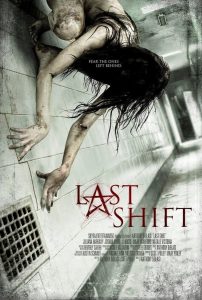 Mary was out of town for a couple days last week, so at one point I pulled a random movie off my Netflix watch list, which as will surprise nobody is like 90% horror.
Mary was out of town for a couple days last week, so at one point I pulled a random movie off my Netflix watch list, which as will surprise nobody is like 90% horror. 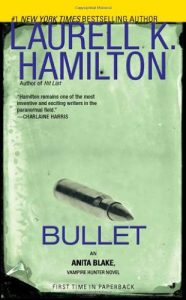 I’ve made a huge mistake.
I’ve made a huge mistake. I saw the
I saw the 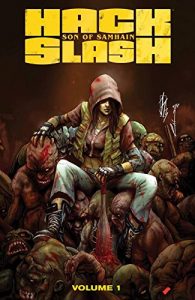 After Tim Seeley
After Tim Seeley